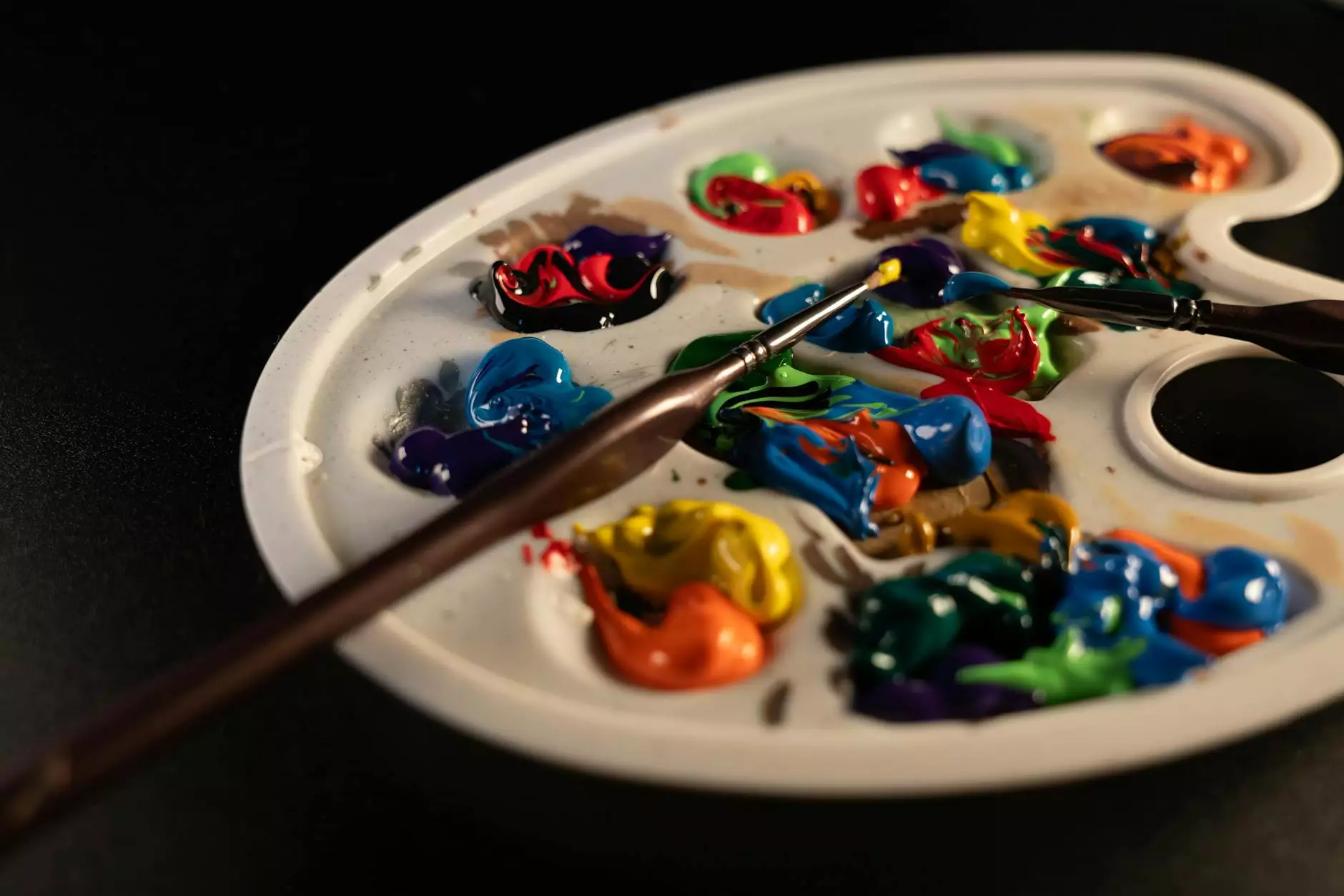The Tooth Extraction Procedure in the UK: A Comprehensive Guide

Tooth extraction can be a daunting notion for many individuals, yet it is often a necessary procedure to maintain oral health. In the UK, dentists are trained to ensure a smooth and safe experience for patients undergoing this operation. This article aims to provide an extensive overview of the tooth extraction procedure in the UK, helping you understand what to expect, alternatives, aftercare, and the importance of professional dental services, such as those offered at Kensington Dental Studio.
Understanding Tooth Extraction
Tooth extraction is the process of removing a tooth from its socket in the jawbone. Dentists may recommend this procedure for various reasons:
- Severe tooth decay
- Overcrowding in the mouth
- Gum disease
- Injuries to the teeth
- Impacted wisdom teeth
Types of Tooth Extractions
There are primarily two types of tooth extractions performed in the UK:
1. Simple Extraction
A simple tooth extraction is performed on a tooth that is visible in the mouth. The dentist uses a local anaesthetic to numb the area around the tooth and will then use special dental tools, such as an elevator and forceps, to remove the tooth gently.
2. Surgical Extraction
Surgical extraction is more complex and is usually needed for teeth that have broken below the gum line or for impacted teeth. This procedure may require an oral surgeon and involves incisions in the gum tissue to access the tooth.
The Tooth Extraction Procedure
Now, let's delve into the step-by-step process of the tooth extraction procedure in the UK.
Step 1: Consultation and X-rays
Before any extraction can take place, a thorough consultation is essential. The dentist will conduct a clinical examination and may take X-rays to assess the position of the tooth and the surrounding bone structure.
Step 2: Anaesthesia
Once the decision for extraction has been made, the next step is to administer anaesthesia. For a simple extraction, a local anaesthetic is sufficient. However, in more intricate cases, sedation or general anaesthesia may be used to ensure the patient is comfortable and pain-free throughout the procedure.
Step 3: Tooth Removal
After anaesthesia takes effect, the dentist will begin the extraction. In a simple extraction, the dentist will use an elevator to loosen the tooth and then extract it with forceps. In cases involving surgery, the dentist will create an incision in the gum and may need to remove some bone around the tooth or cut the tooth into smaller pieces for easier removal.
Step 4: Post-extraction Care
Once the tooth is successfully removed, the dentist will clean the extraction site and ensure all debris is cleared. They may place stitches to promote healing, although this is more common in surgical extractions than in simple ones.
Aftercare Following Tooth Extraction
Proper aftercare following a tooth extraction is crucial to prevent complications and promote healing. Here are some essential aftercare tips:
- Control bleeding: Bite down on a gauze pad for 30 to 45 minutes afterward to minimize bleeding.
- Ice pack application: Apply an ice pack to the exterior of your cheek for the first 24 hours to reduce swelling.
- Avoid strenuous activities: Rest and refrain from heavy lifting or vigorous exercise for a few days.
- Maintain oral hygiene: Rinse your mouth gently with salt water after 24 hours, but avoid vigorous swishing.
- Diet adjustments: Stick to soft foods and avoid hot, spicy, or crunchy foods for several days.
- Pain management: Over-the-counter pain relief medications can help manage discomfort.
Common Concerns and Complications
While tooth extractions are generally safe, there can be the following concerns or complications:
Dry Socket
This occurs when the blood clot at the extraction site dislodges or dissolves before the wound heals, exposing the bone underneath and leading to severe pain.
Infection
Infection can occur at the extraction site, leading to pain and swelling. It's essential to monitor the site and seek medical attention if any signs of infection arise.
Prolonged Bleeding
If bleeding persists beyond a few hours, it’s vital to contact your dentist.
When to See a Dentist
If you experience any complications such as those mentioned above, or if you have persistent pain, swelling, or fever, it is imperative to contact your dentist as soon as possible. Regular follow-up appointments are also essential to ensure proper healing and recovery.
Alternatives to Tooth Extraction
Before considering extraction, your dentist may suggest alternatives to maintaining your natural teeth, including:
1. Root Canal Therapy
This procedure treats infections within the tooth structure, allowing you to preserve your tooth while relieving pain and infection.
2. Dental Crowns
If a tooth is damaged but still structurally sound, your dentist may recommend a crown to protect it.
3. Orthodontic Treatment
For issues relating to overcrowding, braces or other orthodontic procedures can create sufficient space to maintain all teeth in the mouth.
The Importance of Professional Dental Care
Choosing a certified and experienced dental professional is crucial when facing a tooth extraction procedure in the UK. At Kensington Dental Studio, we prioritize patient comfort and care, utilizing the latest technology and techniques to ensure a seamless experience from consultation to recovery. Our team is committed to providing personalized care tailored to your unique dental needs.
Conclusion
Tooth extractions play a vital role in maintaining oral health when necessary. Understanding the procedure, aftercare, potential complications, and alternatives empowers patients to make informed decisions. For those considering a tooth extraction or seeking general dental care, we encourage you to visit Kensington Dental Studio. Our team of expert dentists is here to provide comprehensive information and ensure your dental requirements are met with the utmost care and professionalism.
Contact Us for More Information
If you have any questions regarding the tooth extraction procedure in the UK or wish to schedule a consultation, please do not hesitate to reach out to us at Kensington Dental Studio. Your oral health is our priority!
tooth extraction procedure uk








